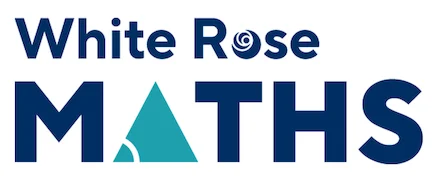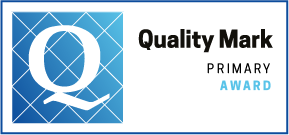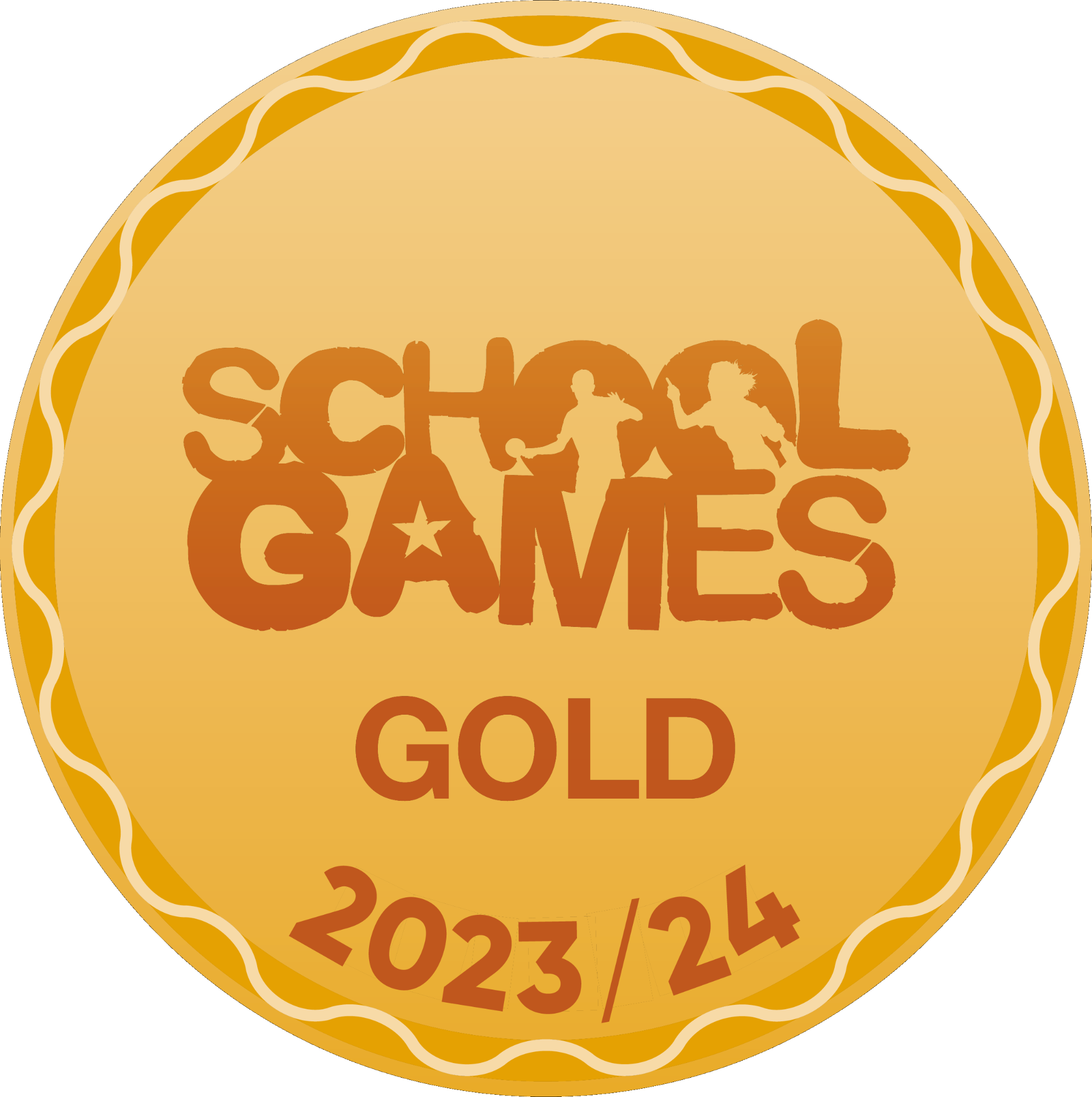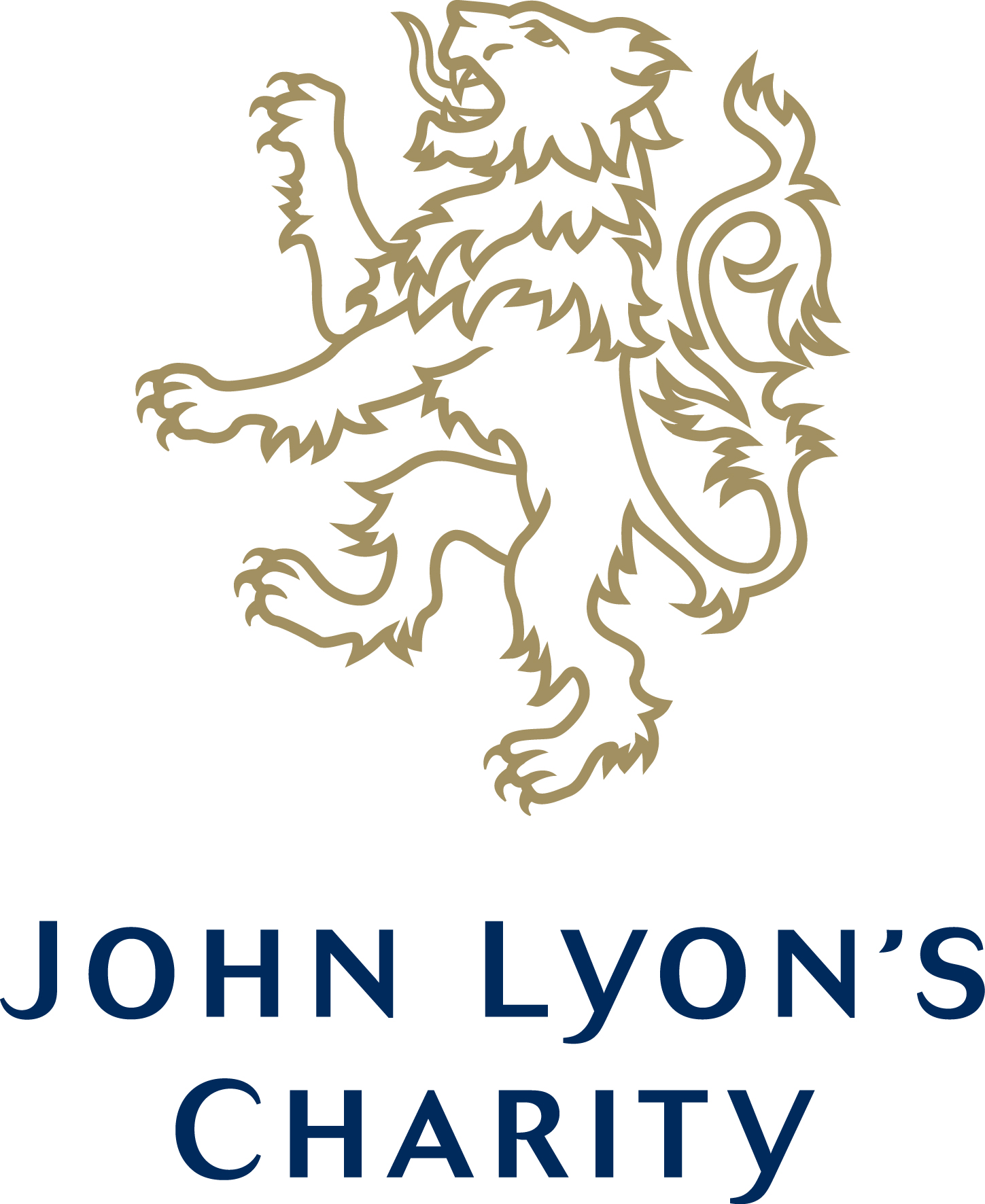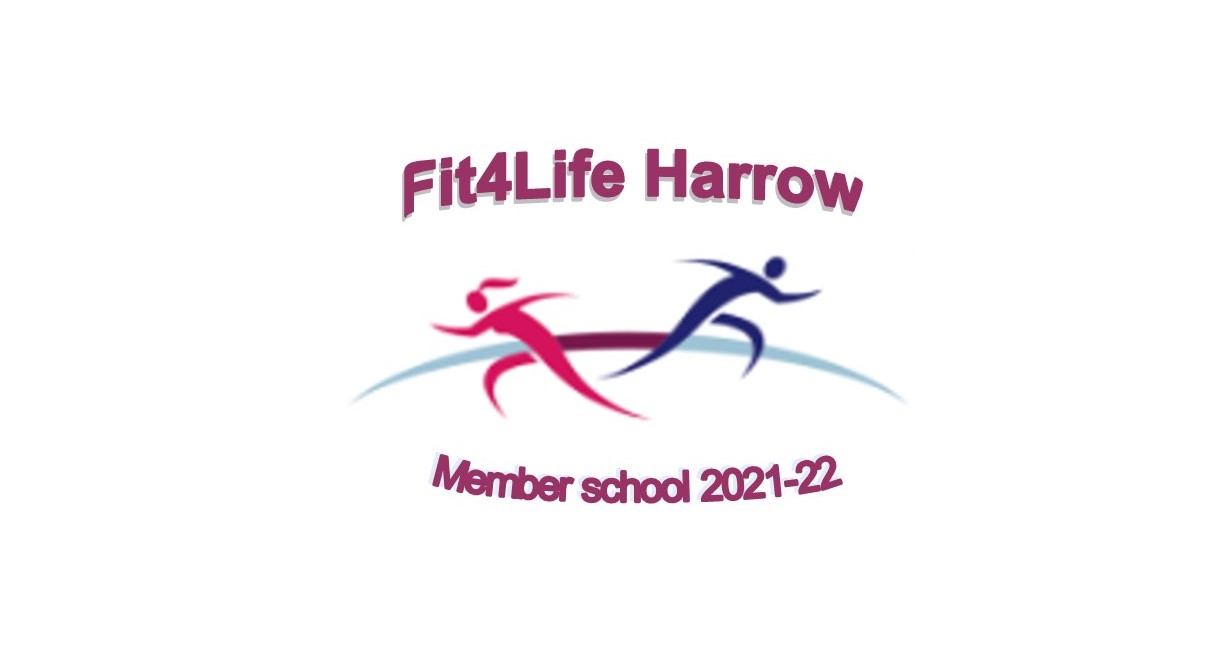Maths
'Maths is the language of the universe'
~ Galileo Galilei
Click on the images below to take you to their login page.
At Elmgrove we strive to provide a high-quality mathematics education to enable children to reason mathematically, appreciate the beauty and power of mathematics, and develop a sense of enjoyment and curiosity about the subject. Maths at Elmgrove is taught daily as a discrete subject, however, teachers use every opportunity to develop pupils’ mathematical fluency and confidence in numeracy and other mathematical skills across the curriculum, so that they understand and appreciate the importance of mathematics.
Maths at Elmgrove
Mastery is an essential part of mathematics at Elmgrove and involves acquiring a deep, long-term, secure and adaptable understanding of the subject. In the teaching of mastery, a range of elements of classroom practice combine to enable pupils to master mathematics. The use of concrete objects, pictorial representations and abstract elements are an essential part of this.
We want pupils to acquire a solid understanding of the maths that’s been taught to enable them to move on to more advanced material.
Early Years Foundation Stage (EYFS)
The EYFS curriculum at Elmgrove is designed to reflect the needs and interests of the children and provide opportunities for them to develop a strong grounding in numbers. Children should be able to count confidently, develop a deep understanding of the numbers to 10, the relationships between them and the patterns within those numbers. In addition, it is important that the curriculum includes rich opportunities for children to develop their spatial reasoning skills across all areas of mathematics, including shape, space and measure. It is important that children develop positive attitudes and interests in mathematics, look for patterns and relationships, spot connections, ‘have a go’, talk to adults and peers about what they notice and not be afraid to make mistakes.
At the end of reception, your child will be assessed against the Early Learning Goals (ELG) and you will receive a copy of this as part of your child’s end of year report. The ELGs outline the knowledge, skills and understanding children should have at the end of the academic year in which they turn five.
If you would like for information about the EYFS curriculum, please click on the links below:
Statutory Framework for the Early Years Foundation Stage
Development Matters - Non-statutory curriculum guidance for the Early Years Foundation Stage
Reception are part of the NCETM (National Centre for Excellence in the Teaching of Mathematic) Mastering Number project which aims to secure firm foundations in the development of good number sense.
Please encourage your child to log in to Numbots  to improve their recall and fluency in mental addition and subtraction.
to improve their recall and fluency in mental addition and subtraction.
You are welcome to talk to your child’s teacher at any time if you have any concerns about their progress. You will also have the opportunity to attend a number of workshops during the year which will provide ideas on how you can help your child at home.
Key Stage 1
In Key Stage One (years 1 and 2), the principal focus of mathematics teaching is to ensure that pupils develop confidence and mental fluency with whole numbers, counting and place value. This should involve working with numerals, words and the four operations, including with practical resources [for example, concrete objects and measuring tools].
At this stage, pupils should develop their ability to recognise, describe, draw, compare and sort different shapes and use the related vocabulary. Teaching should also involve using a range of measures to describe and compare different quantities, such as length, mass, capacity/volume, time and money.
By the end of year 2, pupils should know the number bonds to 20 and be precise in using and understanding place value. An emphasis on practice at this early stage will aid fluency.
Pupils should read and spell mathematical vocabulary, at a level consistent with their increasing word reading and spelling knowledge at key stage 1.
Please encourage your child to log in to MyMaths  to consolidate their maths knowledge and to Numbots
to consolidate their maths knowledge and to Numbots  to improve their recall and fluency in mental addition and subtraction.
to improve their recall and fluency in mental addition and subtraction.
You are welcome to talk to your child’s teacher at any time if you have any concerns about their progress.
At the end of Year 2, the children are assessed using the Standard Assessment Tests (SATS) papers for arithmetic and reasoning. You are welcome to talk to your child’s teacher at any time if you have any concerns about their progress.
Lower Key Stage 2
In Lower Key Stage Two (years 3 and 4), the principal focus of mathematics is to ensure that pupils become increasingly fluent with whole numbers and the four operations, including number facts and the concept of place value. This should ensure that pupils develop efficient written and mental methods and perform calculations accurately with increasingly large whole numbers.
At this stage, pupils should develop their ability to solve a range of problems, including with simple fractions and decimal place value. Teaching should also ensure that pupils draw with increasing accuracy and develop mathematical reasoning, so they can analyse shapes and their properties, and confidently describe the relationships between them. It should ensure that they can use measuring instruments with accuracy and make connections between measure and number.
By the end of year 4, pupils should have memorised their multiplication tables up to and including the 12 multiplication table and show precision and fluency in their work.
Pupils should read and spell mathematical vocabulary correctly and confidently, using their growing word reading knowledge and their knowledge of spelling.
Please encourage your child to log in to MyMaths  to consolidate their maths knowledge and to Times Table Rock Stars
to consolidate their maths knowledge and to Times Table Rock Stars 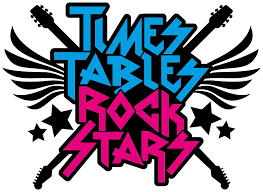 to improve their recall and fluency in mental addition and subtraction.
to improve their recall and fluency in mental addition and subtraction.
At the end of Year 4, the children will complete the Multiplication Tables Check (MTC) to determine whether they can recall their times tables fluently, which is essential for future success in mathematics. You are welcome to talk to your child’s teacher at any time if you have any concerns about their progress.
Upper Key Stage 2
In Upper Key Stage Two (years 5 and 6), the principal focus of mathematics teaching is to ensure that pupils extend their understanding of the number system and place value to include larger integers. This should develop the connections that pupils make between multiplication and division with fractions, decimals, percentages and ratio.
At this stage, pupils should develop their ability to solve a wider range of problems, including increasingly complex properties of numbers and arithmetic, and problems demanding efficient written and mental methods of calculation. With this foundation in arithmetic, pupils are introduced to the language of algebra as a means for solving a variety of problems. Teaching geometry and measures should consolidate and extend knowledge developed in number. Teaching should also ensure that pupils classify shapes with increasingly complex geometric properties and that they learn the vocabulary they need to describe them.
By the end of year 6, pupils should be fluent in written methods for all four operations, including long multiplication and division, and in working with fractions, decimals and percentages.
Pupils should read, spell and pronounce mathematical vocabulary correctly.
Please encourage your child to log in to MyMaths  to consolidate their maths knowledge and to Times Table Rock Stars
to consolidate their maths knowledge and to Times Table Rock Stars  to improve their recall and fluency in mental addition and subtraction.
to improve their recall and fluency in mental addition and subtraction.
At the end of Year 6, the children are assessed using the Standard Assessment Tests (SATS) papers for arithmetic and reasoning. You are welcome to talk to your child’s teacher at any time if you have any concerns about their progress.
Written Calculation Methods
There are a variety of different calculation methods used at Elmgrove. At the end of Year 6, your child should be able to confidently add, subtract, multiply and divide using a written method.
Click below for the policy:
Whatever method your child is taught at school, lots of practice at home using numbers and times tables in fun activities will be a great help.
Assessment
Pupils are assessed against the National Curriculum objectives for their year group.
Within each band, your child could be assessed as working:
Well Below Expected = working on objectives in a previous year group
Below Expected = beginning the objectives within the band
Expected = working within the objectives within the band
Above Expected = secure in the objectives within the band
At Elmgrove, we identify children who are working below the expected standard and provide additional support to allow these pupils to reach their potential. This support could include: focused teaching groups, interventions led by teaching assistants, one to one and small group tuition or teacher-led booster groups.
We value parental input too. If you would like to know what you could work on at home with your child, please see your child’s class teacher.
Linking Maths to Real Life
In everyday life, the ability to think mathematically and solve problems is essential. In maths lessons, your child will often be solving word problems, investigations and puzzles – most of which are related to the real world. Many children find it difficult to know what kind of calculation is needed to solve a word problem. You can help your child to develop their problem-solving skills by encouraging them to explain their thinking to you whenever they are solving puzzles.
You can also help your child by asking them questions to help them to:
- Tell the time (digital, half past/quarter past/quarter to and 24 hour time).
- Read a bus or train timetable and calculate journey times.
- Recognise different shapes.
- Measure ingredients accurately when baking (in l, ml, kg or g).
- Quickly recall their times tables.
- Quickly recall basic addition and subtraction facts.
KS1 (Year 2) and KS2 (Year 6) SATs Assessments
KS1:
KS1: Year 2 Standard Assessment Tests (SATs)
At the end of Year 2, the children are assessed using the Standard Assessment Tests. These assessments allow us to see how much progress they have made in maths from reception, and they also allow us to predict their attainment in Key Stage 2. In Year 2, the children will complete an arithmetic and reasoning maths test. Your child’s SATs results will be sent to the Local Authority and you will receive information about whether they are working towards, at or above the expected standard for Year 2 in their end of year reports.
KS2:
KS2: Year 6 Standard Assessment Tests (SATs)
At the end of Year 6, the children are assessed using the Standard Assessment Tests. These assessments allow us to see how much progress they have made in maths from Key Stage 1. In Year 6 the children will complete arithmetic and reasoning papers. Your child’s SATs results will be sent to the Local Authority and your child’s secondary school. You will receive information about whether they are working towards, at or above the expected standard for Year 6 in their end of year reports.
Click here to access practice materials for the phonics screening check, key stage 1 and key stage 2 national curriculum (SATs) tests, including past test papers.
Click here for information for parents about the national curriculum (SATs) tests at the end of key stages 1 and 2. Please note that the dates relate to the 2019 test period for key stage 2 and do not reflect the dates for subsequent years.
Arithmetic: this test will consist of a series of addition, subtraction, multiplication, division and fraction questions. The Year 6 test will also include lots of questions on decimals and percentages. To succeed in this paper, the children will need to be able to quickly recall their timetables to answer the questions quickly and accurately. They will also need to be sure of their written methods and be confident in answering questions about fractions.
Reasoning: this test will be made up of word problems relating to all areas of maths, including numbers, fractions, money, time, shape, statistics (graphs) and measures. The Year 6 test will also include word problems relating to algebra.
Your child’s class teacher will share strategies and discuss the areas of maths that your child needs to work on during parents' meetings. Please speak to your child’s class teacher if you are unsure of what your child needs to learn.
Key Performance Indicators (KPIs)
These are the key elements within the Mathematics Programme of Study outlined in The National Curriculum, that, if mastered, demonstrate a child’s grasp of understanding of that aspect of the curriculum.
These key aspects have been summarised as Key Performance Indicators (KPIs).
NCETM Progression Maps
These are the progression documents for each maths unit. Each of the categories below has been divided into sub categories to illustrate progression in key areas.
All programmes of study statements are included and some appear twice. This is indicated in the text. This occurs where:
- The statement has central relevance to more than one subcategory within a topic;
- The statement has central relevance to more than one mathematics topic. This is done to reflect the aims of the curriculum that pupils should make rich connections with mathematical ideas to develop fluency, mathematical reasoning and competence in solving increasingly sophisticated problems (Mathematics programmes of study: key stages 1 and 2 page 3). However, the connections made are not intended to be exhaustive and teachers should seek to support pupils in making other connections.
3. Multiplication and Division
8. Geometry Properties of Shapes

